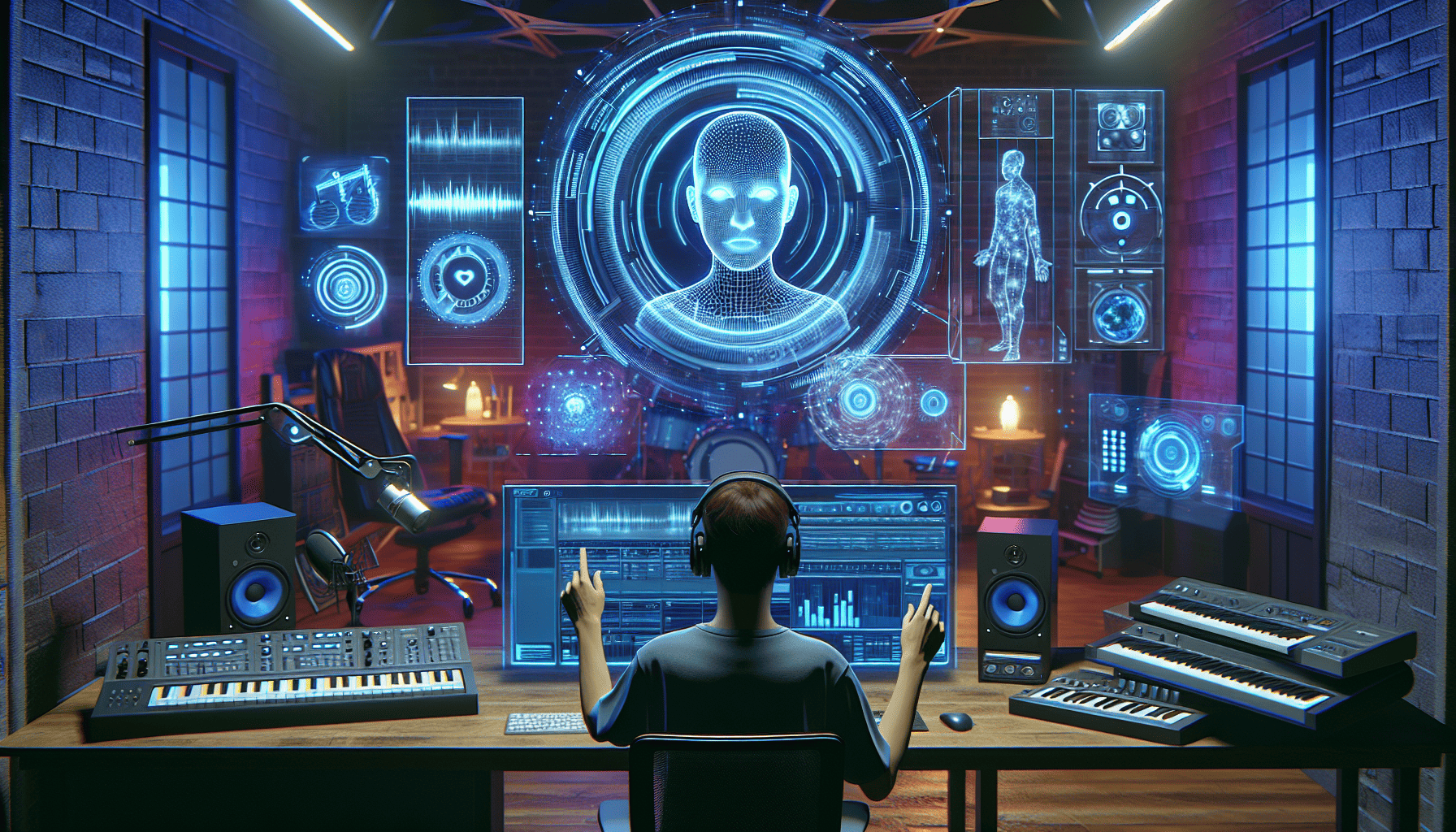In recent years, the music production landscape has undergone a profound transformation driven by the rapid advancement of artificial intelligence (AI) technologies. These tools are not only enhancing traditional music creation processes but also arguably redefining what it means to be a musician or a producer. As we navigate the future, AI tools stand at the intersection of technology and creativity, promising to unlock new dimensions in sound innovation.
The integration of AI into music production is already evident in several domains. One of the most prominent applications is the use of AI-driven composition tools. These tools can analyze vast datasets of existing music to generate new compositions, offering musicians fresh melodies, harmonies, and even entire tracks that resonate with human qualities. Programs like OpenAI's MuseNet and Google's Magenta project leverage machine learning algorithms to create complex pieces that can often deceive listeners into believing they are crafted by human creativity alone.
Additionally, AI is facilitating a revolution in audio engineering. Traditionally labor-intensive tasks like mixing, mastering, and sound design are becoming more efficient with the advent of intelligent algorithms. AI-powered plugins can adjust equalization, compression, and reverb settings automatically, achieving professional-quality sound with minimal human intervention. This not only democratizes the production process, allowing amateur musicians access to professional tools but also saves time and resources for seasoned professionals who can now focus more on creative elements.
Another significant contribution of AI is in the realm of music personalization and recommendation. Services such as Spotify and Apple Music employ AI to analyze users' listening habits, curating personalized playlists that introduce listeners to artists and genres they may not have discovered otherwise. This AI-driven customization fosters a more intimate connection between listeners and their music, enhancing engagement and opening up new avenues for artists to reach their audiences.
Looking ahead, the potential of AI in music production is vast. One intriguing area of development is the prospect of real-time AI collaboration—an environment where musicians interact with AI partners to spontaneously create music. This could allow for dynamic performances that evolve in real-time, breaking down barriers between the studio and the stage. Furthermore, as AI continues to improve its understanding of human emotion, there is potential for creating music that responds to the listener's mood, creating a more interactive and immersive experience.
However, the rise of AI in music production is not without its challenges. Questions about originality, intellectual property, and the authenticity of machine-generated compositions persist. As AI tools become more prevalent, the industry must address how to credit and compensate contributions made by artificial intelligence. There is also a cultural responsibility to ensure that AI technology is used to enhance human creativity rather than replace it.
Ultimately, the future of music production with AI tools is not simply about machines taking over creative tasks. It is about augmenting human capability, freeing musicians from mundane tasks, and providing them with new tools to push creative boundaries. By finding a harmonious balance between technology and artistry, the music industry can explore uncharted sonic territories and redefine the future of music production for generations to come.
